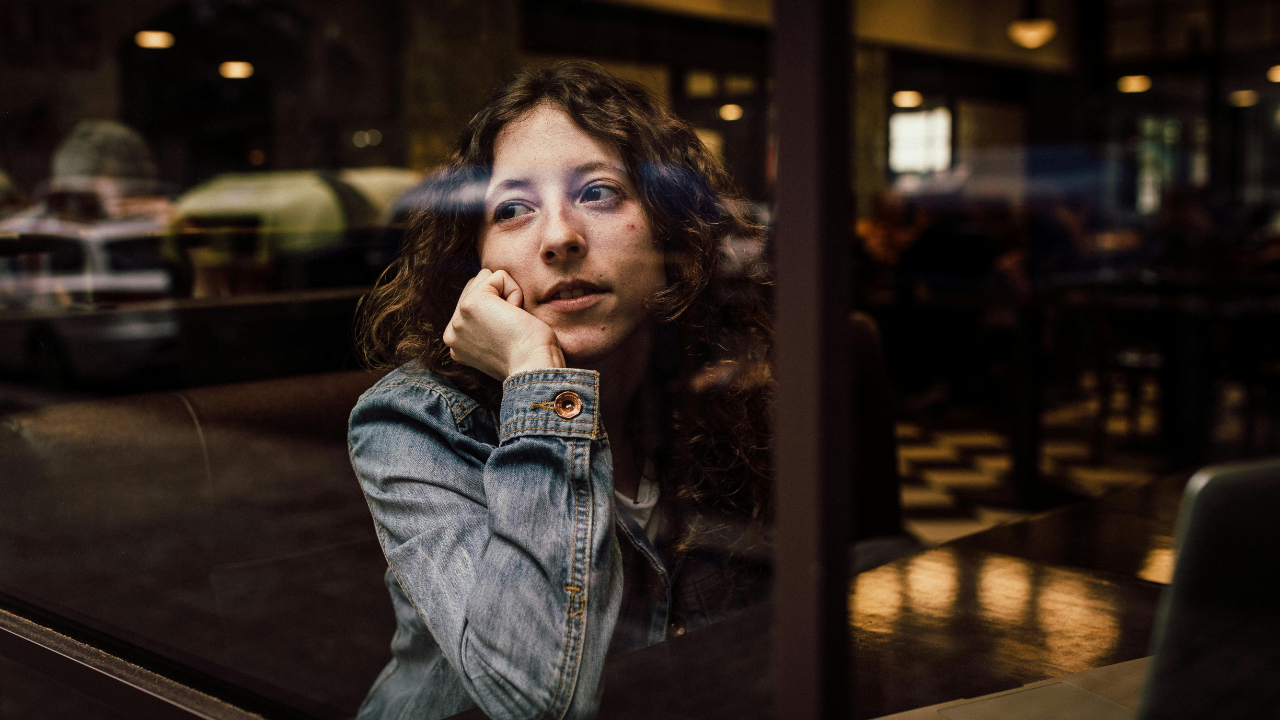
How Are You?
Apr 30, 2025How are you? A simple question, yet so many of us struggle to answer authentically. Instead, we respond with "fine" or "all right," or on a brave day, we might say, "It’s just a day" or "Life could be better." Why is it so hard to be real about how we feel, especially with those around us?
Often, the truth is that we’re not even sure how we feel. Emotions like fear, anger, joy, and anxiety can show up all at once, making it difficult to sort through them. Throughout the day, countless influences affect our mood—some bringing us down, others lifting us up. Yet we rarely pause to truly experience these feelings. Instead, we move from one moment to the next, looking back on our lives through a rearview mirror instead of fully living in the present.
As children, we naturally experienced life without judgment. A reacting honestly—laughing, crying, or exploring in wonder. But adults around us often teach us to hide our emotions for the comfort of others. Maybe we learned not to cry in the grocery store or to hold back laughter at a funeral. Over time, we internalize the message that our feelings should be controlled or concealed, that they might be inappropriate.
Imagine if, instead, we learned to feel without assigning labels like "good" or "bad." What if we could sit with our emotions, noticing how our bodies and minds react in each moment? Practicing mindfulness allows us to do just that. Whether we’re feeling anxious while sitting in traffic or filled with pride watching a child do something for the first time, mindfulness helps us notice these responses without rushing past them or letting them morph into something else.

Have you ever driven home and realized you don’t remember any details of the journey? Or perhaps the next time you’re a passenger, you notice buildings or stores that somehow escaped your attention. Practicing mindfulness helps us avoid these autopilot moments and fully engage with life as it unfolds.
The constant pull of technology is one of the biggest distractions in our lives. Phones, reaching for them constantly—scrolling through notifications, checking emails, or mindlessly scrolling through social media. With our attention pulled into these small screens, we often miss what’s happening around us, whether it’s a meaningful glance from a loved one, the beauty of a sunset, or even our own reactions to what’s unfolding. We have barriers that keep us from noticing our own feelings and disconnect us from the people and places that surround us.
Through mindfulness, we create space between stimulus and response, where we can truly live. We don’t need to change our jobs, families, or homes to find fulfillment. By simply showing gratitude for the people, places, and experiences around us, we build a deeper appreciation for our lives. In this mindful space, we live without regret, without missed connections, and with a fuller awareness of how our lives are shaped moment by moment.

